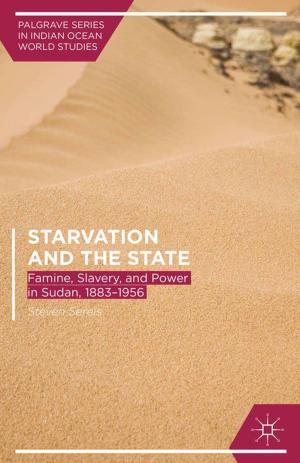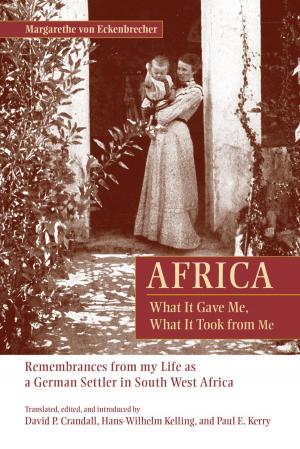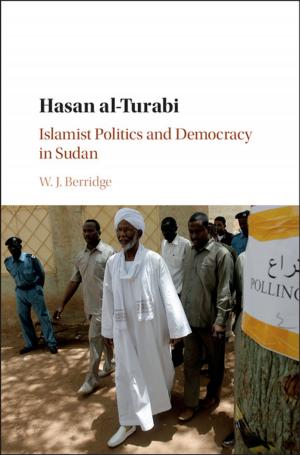| Author: | E N BISAMUNYU | ISBN: | 1230000286604 |
| Publisher: | Aedwardiansea, London | Publication: | December 18, 2014 |
| Imprint: | Language: | English |
| Author: | E N BISAMUNYU |
| ISBN: | 1230000286604 |
| Publisher: | Aedwardiansea, London |
| Publication: | December 18, 2014 |
| Imprint: | |
| Language: | English |
This book is a confluence of streams of histories that bring Uganda's background into a single, fluent story. Without Great Britain, Uganda would not have come into existence as a country. Or, perhaps it would have come into being as a German product had the British not insisted on getting it back from the Germans after one of their adventurists, a callous sharpshooter of innocent Africans known as Karl Peters, had prevailed in stealing it from a British agent who had been away enjoying himself on expeditions. After stealing a letter the British agent had received in absentia, the German agent was off to visit Kabaka Mwanga and to offer him German help to remain in power. One of Mwanga's brothers, naturally, wanted his throne! Killing one's brother and assuming the throne was considered to show one was assertive and interested in improving one's career prospects!
Mwanga did not care when that help surfaced in the form of a German man. Perhaps because his leading advisor on the issue, a French Roman Catholic priest, Father Simeon Lourdel, would have preferred to see Germans in place in Uganda rather than the British, Mwanga was willing to take his advice. After all, a European knew more about Europeans than Africans, didn't he? The British raised sawdust over the theft of Uganda and, by agreement, gave Germany back a little island, Heligoland, off the coast of Germany and a few other strips of land to retain Uganda. It was that important because, at the source of the Nile, owning it meant that the Nile could be preserved to deliver clean water to Egypt. Or, Uganda would have become French if the British rapid response unit - for that time - that gathered at Mombasa from India and Britain, along with the dreaded Maxim guns, to fend off the French at the western margins of the Uganda Protectorate had not become obstructed by a rebellion in its ranks.
The massive rebellion of the Sudanese soldiers, whom the British had forged into an army called the Uganda Rifles, included a man known as Bilal Amin Effendi. Could Bilal Amin have been the grandfather or father of General Idi Amin, the Last King of Scotland? The soldiers made it clear they loathed their contract conditions. Among the casualties of that rebellion was George Lawrence Pilkington, an Irish man who had learned Luganda in Britain and helped to compile its grammar. On his last journey to Uganda, he brought along with him the first bicycle. In addition to that he had a football.Forming a team of Baganda boys, he played with a team of Baganda boys against a similar team led by Dr Albert Cook led to the love of football we find in Uganda today. Pilkington was an exacting enforcer of football rules.
All this action took place in the Kingdom of Buganda, which was the existing empire before the British arrived. The first to arrive was Captain John Hanning Speke in 1862, looking for the source of the Nile. Speke came with tailors and taught Baganda how to make jackets, which they added to their Arab tunic, now called ekanzu, to make a suit that gives a man the appearance of a penguin. Today, all through Uganda, this is the national dress. Henry Morton Stanley arrived in 1875 to introduce Kabaka Mutesa to the Bible even though he was not a missionary. This led to the arrival of, in 1878, Alexander Murdoch Mackay, an exceptional Scottish engineer who had been working in Germany when he read an article in the Daily Telegraph. The Daily Telegraph issue contained a letter from Kabaka Mutesa inviting British missionaries to Buganda. The letter was first given to Linant de Bellisands, an American military man, but his murder in Sudan led to its loss. No fear, though, because the stars were wonderfully and properly aligned when Stanley, who had helped to write it in Buganda, was travelling back to England; he saw it in the desert sands and, naturally, picked it up and took it with him back to England. There, he delivered the letter himself and the Daily Telegraph published it. In Germany, the paper was read by Mackay, whose life it changed.
Pope Francis will travel to Uganda next year to celebrate the 50th anniversary of the canonisation of the Uganda Martyrs. It is to these boy-pages of the Kabaka and their sacrifice in disobeying him that Uganda owes its life as a country today. Their incorruptible minds and hearts should be instructive to leaders in Uganda but that may be asking for too much. The Martyrs story was phenomenal in Europe in the 1890s and it is still depcited in European art. Their story is a a prominent part of this book.
This book is a confluence of streams of histories that bring Uganda's background into a single, fluent story. Without Great Britain, Uganda would not have come into existence as a country. Or, perhaps it would have come into being as a German product had the British not insisted on getting it back from the Germans after one of their adventurists, a callous sharpshooter of innocent Africans known as Karl Peters, had prevailed in stealing it from a British agent who had been away enjoying himself on expeditions. After stealing a letter the British agent had received in absentia, the German agent was off to visit Kabaka Mwanga and to offer him German help to remain in power. One of Mwanga's brothers, naturally, wanted his throne! Killing one's brother and assuming the throne was considered to show one was assertive and interested in improving one's career prospects!
Mwanga did not care when that help surfaced in the form of a German man. Perhaps because his leading advisor on the issue, a French Roman Catholic priest, Father Simeon Lourdel, would have preferred to see Germans in place in Uganda rather than the British, Mwanga was willing to take his advice. After all, a European knew more about Europeans than Africans, didn't he? The British raised sawdust over the theft of Uganda and, by agreement, gave Germany back a little island, Heligoland, off the coast of Germany and a few other strips of land to retain Uganda. It was that important because, at the source of the Nile, owning it meant that the Nile could be preserved to deliver clean water to Egypt. Or, Uganda would have become French if the British rapid response unit - for that time - that gathered at Mombasa from India and Britain, along with the dreaded Maxim guns, to fend off the French at the western margins of the Uganda Protectorate had not become obstructed by a rebellion in its ranks.
The massive rebellion of the Sudanese soldiers, whom the British had forged into an army called the Uganda Rifles, included a man known as Bilal Amin Effendi. Could Bilal Amin have been the grandfather or father of General Idi Amin, the Last King of Scotland? The soldiers made it clear they loathed their contract conditions. Among the casualties of that rebellion was George Lawrence Pilkington, an Irish man who had learned Luganda in Britain and helped to compile its grammar. On his last journey to Uganda, he brought along with him the first bicycle. In addition to that he had a football.Forming a team of Baganda boys, he played with a team of Baganda boys against a similar team led by Dr Albert Cook led to the love of football we find in Uganda today. Pilkington was an exacting enforcer of football rules.
All this action took place in the Kingdom of Buganda, which was the existing empire before the British arrived. The first to arrive was Captain John Hanning Speke in 1862, looking for the source of the Nile. Speke came with tailors and taught Baganda how to make jackets, which they added to their Arab tunic, now called ekanzu, to make a suit that gives a man the appearance of a penguin. Today, all through Uganda, this is the national dress. Henry Morton Stanley arrived in 1875 to introduce Kabaka Mutesa to the Bible even though he was not a missionary. This led to the arrival of, in 1878, Alexander Murdoch Mackay, an exceptional Scottish engineer who had been working in Germany when he read an article in the Daily Telegraph. The Daily Telegraph issue contained a letter from Kabaka Mutesa inviting British missionaries to Buganda. The letter was first given to Linant de Bellisands, an American military man, but his murder in Sudan led to its loss. No fear, though, because the stars were wonderfully and properly aligned when Stanley, who had helped to write it in Buganda, was travelling back to England; he saw it in the desert sands and, naturally, picked it up and took it with him back to England. There, he delivered the letter himself and the Daily Telegraph published it. In Germany, the paper was read by Mackay, whose life it changed.
Pope Francis will travel to Uganda next year to celebrate the 50th anniversary of the canonisation of the Uganda Martyrs. It is to these boy-pages of the Kabaka and their sacrifice in disobeying him that Uganda owes its life as a country today. Their incorruptible minds and hearts should be instructive to leaders in Uganda but that may be asking for too much. The Martyrs story was phenomenal in Europe in the 1890s and it is still depcited in European art. Their story is a a prominent part of this book.

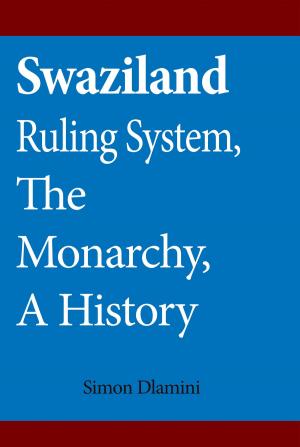

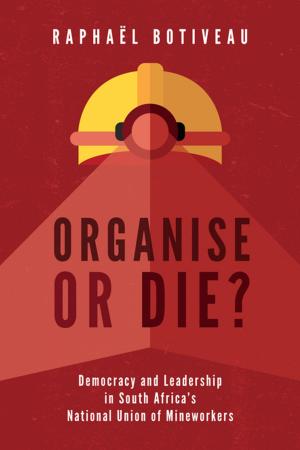
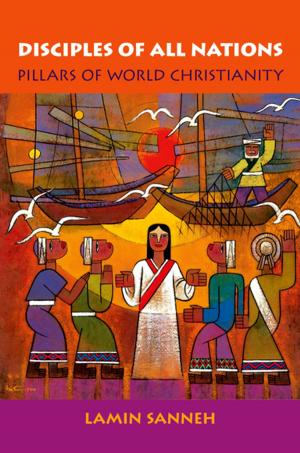
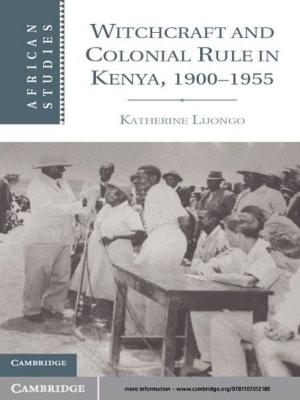
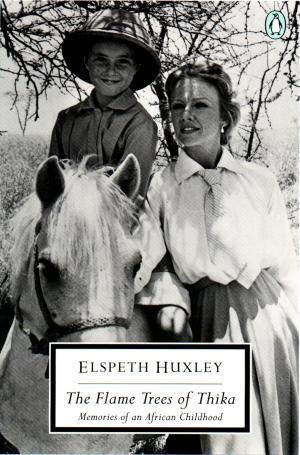
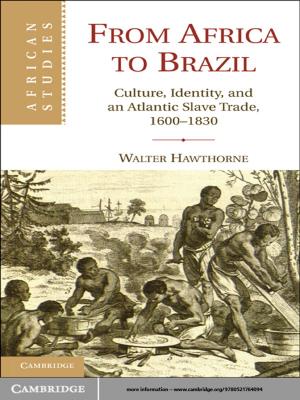
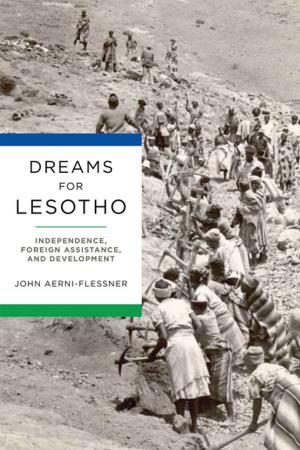
![Cover of the book With Kitchener To Khartum [Illustrated Edition] by E N BISAMUNYU](https://www.kuoky.com/images/2014/august/300x300/9781782899235-69qS_300x.jpg)
